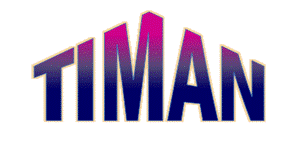We are now in an era of education revolution where we have unprecedented opportunities to leverage new technologies, notably online education and AI technologies, to disruptively transform education in many ways, leading to lower cost and higher quality in education as has happened in agricultural and industrial revolutions. We are interested in developing novel AI-powered technologies to address three major challenges faced by our current education systems, i.e., (1) the workforce gap, (2) high education cost, and (3) lack of personalization. We envision that these challenges can all be addressed by leveraging AI technologies. Specifically, (1) the workforce gap can be bridged by providing AI-powered project-based skill training (i.e., precision training),
(2) education cost can be reduced by using AI to automate education, enabling education at scale with low cost, and (3) intelligent agents can be used to support personalized lifelong learning for all in both formal and informal learning settings.
More information aobut our work can be found from the following sources:
- The keynote talk at the 2020 Singapore AI Summer School, which includes a summary of some of our research work, including automated assessment of complex assignments, personalized exercise recommendation, discovery of difficult concepts, generative models for learner behavior analysis, and Web of slides.
- The Educational Web project/system, which implements the idea of integrating scattered lecture slides and creating a Web of Slides, where a learner can search and browse into any slide in any lecture flexibly as well as ask for an explanation of any highlighted concept. Currently the system only works for Chrome Browser.
- We have worked on leveraging large language models (LLMs) to generate analyogy for explaining concepts to learners. We have shown that LLMs can not only generate meaningful analogies but also generate creative analogies that are not in the training data set used for training those models. For details see the INLG'22 paper and the WWW'23 paper.
- Chase Geigle's dissertation titled "Towards High Quality, Scalable Education: Techniques in Automated Assessment and Probabilistic Behavior Modeling" includes a number of algorithms and systems for improving learning at scale and supporting personalized learning.

